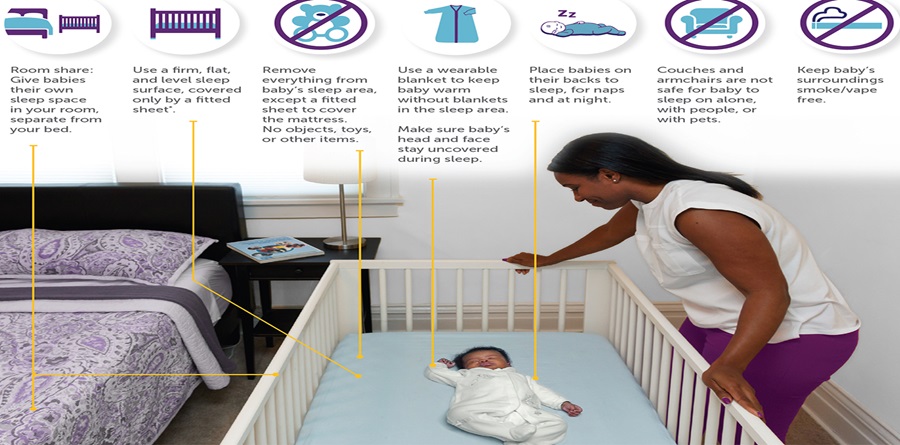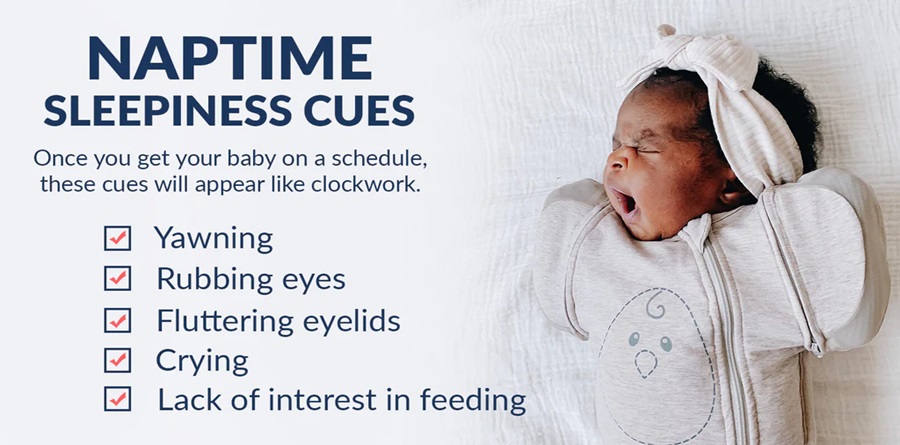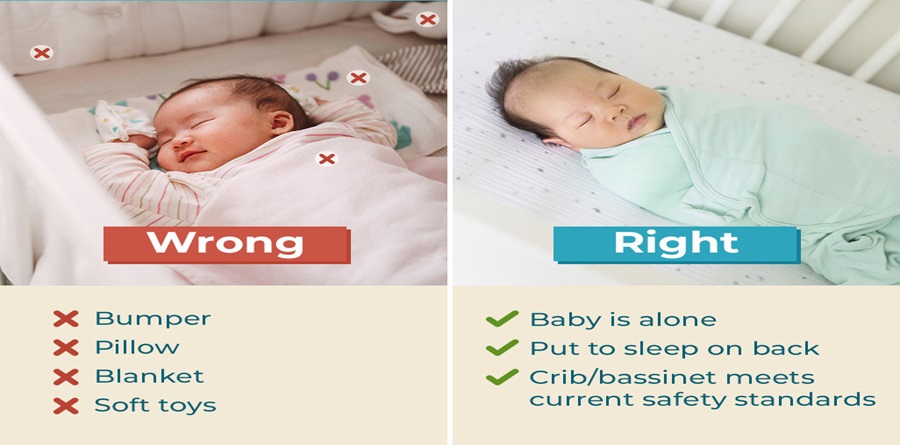
A comprehensive age-by-age guide to baby naps
Navigating the world of baby sleep can be both exciting and challenging for parents. Understanding the nuances of daytime and nighttime sleep, total sleep requirements, and the why, where, and how of baby naps is essential for fostering healthy sleep patterns. In this comprehensive guide, we'll explore each age group, shedding light on crucial aspects such as schedules, daytime/nighttime sleep, total sleep, things to keep in mind, and tackling day/night confusion.
Tips and information
- Why Baby Naps are Crucial
- Where to Facilitate Naps
- How to Structure Nap Schedules

Why Baby Naps are Crucial
Adequate baby naps are crucial for optimal development. Naps contribute to physical and cognitive growth, helping the brain consolidate memories and process information. They also play a vital role in emotional well-being, reducing irritability and promoting a content and happy disposition. For parents, regular napping provides essential breaks, reducing stress and contributing to overall well-being. A well-rested baby is more likely to establish a consistent nighttime sleep routine, fostering a positive sleep environment for the whole family.

Where to Facilitate Naps
Creating a conducive sleep environment is essential. Choose a quiet, dimly lit room with a firm, flat mattress to ensure safety. Portable sleep solutions like bassinets or travel cribs are valuable for maintaining a familiar sleep environment during on-the-go napping. Safe sleep practices, such as using sleep sacks or swaddles and avoiding soft bedding, contribute to a secure and comfortable nap space.

How to Structure Nap Schedules
Daytime vs. Nighttime Sleep:
In the early months, newborns may have irregular sleep patterns, with naps blending into nighttime sleep.
As babies grow, establishing a clear distinction between daytime and nighttime sleep becomes crucial for a healthy sleep routine.
Total Time Sleep Guidelines:

0 to 4 Months:
Daytime/Nighttime Sleep:
Newborns typically have an irregular sleep pattern, and distinguishing between daytime and nighttime can be challenging.
Short naps and frequent waking at night are common during this stage.
Total Sleep:
Aim for a total of 12 to 18 hours of sleep per day, including both daytime and nighttime sleep.
Things to Keep in Mind:
Newborns often need to be fed every few hours, disrupting a consistent sleep schedule.
Create a calming bedtime routine to help signal the transition to nighttime sleep.
Use blackout curtains to create a darker sleep environment at night.
4 to 6 Months:
Daytime/Nighttime Sleep:
Around 4 months, babies may start to develop a more predictable sleep-wake cycle.
Longer nighttime stretches may emerge, with more consolidated sleep.
Total Sleep:
Babies in this range still need around 12 to 16 hours of total sleep per day.
Things to Keep in Mind:
Introduce a consistent bedtime routine to help signal that it's time for sleep.
Encourage self-soothing by allowing your baby to fall asleep independently when drowsy.
6 to 9 Months:
Daytime/Nighttime Sleep:
Babies at this stage typically have a more structured sleep pattern with longer nighttime sleep.
Naps may become more consistent, ranging from 2 to 3 naps a day.
Total Sleep:
Aim for around 12 to 14 hours of total sleep per day.
Things to Keep in Mind:
Maintain a consistent sleep schedule to regulate your baby's internal clock.
Be mindful of sleep associations, as babies may develop preferences for specific sleep conditions.
9 to 12 Months:
Daytime/Nighttime Sleep:
By this age, most babies drop to 2 naps a day, with a more predictable sleep routine.
Longer nighttime sleep stretches are common.
Total Sleep:
Continue aiming for 12 to 14 hours of total sleep per day.
Things to Keep in Mind:
Establish a regular nap schedule to help your baby adjust to a more predictable routine.
Be aware of teething, growth spurts, and developmental milestones, as they can temporarily disrupt sleep.

12 to 18 Months:
Daytime/Nighttime Sleep:
Most toddlers in this age range have one longer afternoon nap, with a consistent nighttime sleep routine.
Total Sleep:
Maintain 11 to 14 hours of total sleep per day.
Things to Keep in Mind:
Be flexible with nap transitions as some toddlers may start to resist or drop the afternoon nap.
Ensure a comfortable sleep environment, and be consistent with bedtime routines.
Remember that these are general guidelines, and individual variations are common. Pay attention to your baby's cues, and adapt the schedule to meet their specific needs. If you have concerns or questions, it's always a good idea to consult with your pediatrician.

In conclusion, understanding the intricacies of baby naps is key to fostering a healthy sleep routine. By prioritizing sleep at each developmental stage, parents contribute to their baby's well-being and long-term health. Embrace the journey, stay attuned to your baby's needs, and witness the magic unfold as your little one thrives with the right amount of daytime rest and nighttime sleep. Sweet dreams await both you and your bundle of joy.
Sources
Kira Ryan is the co-founder of Dream Team Baby, a New York City–based infant and toddler sleep consultancy, and is a mother to three young children.





Comment